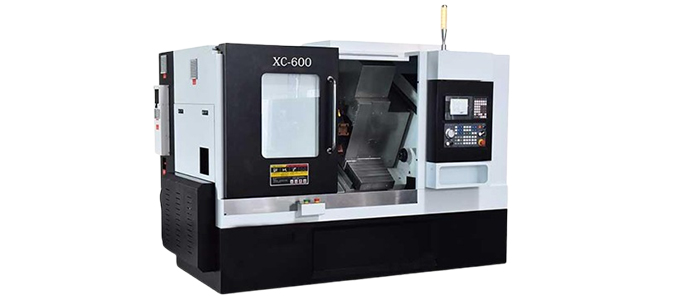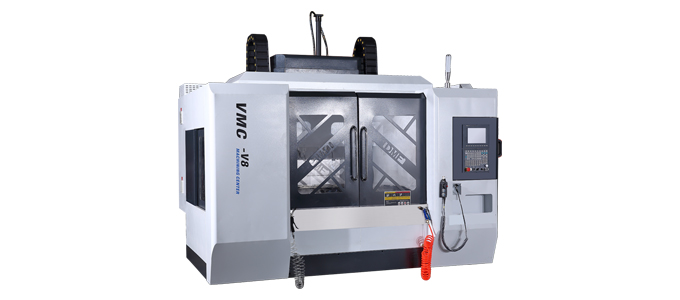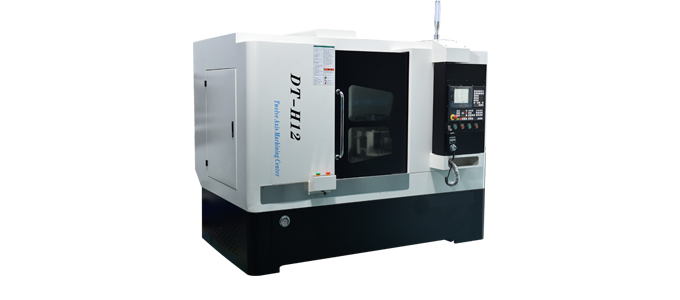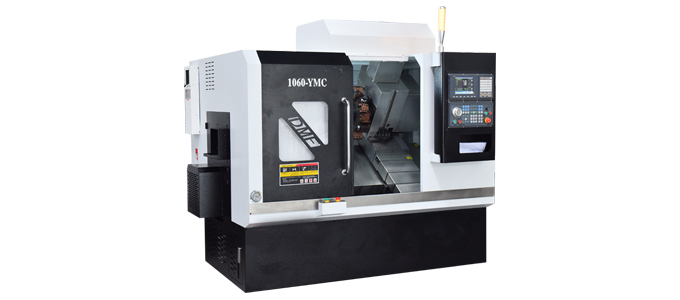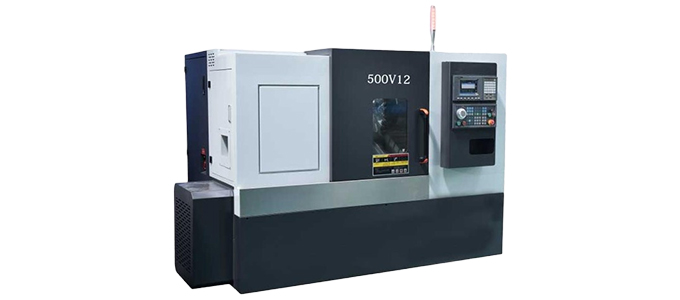The maritime industry has long relied on precision engineering and high-quality components to ensure the safe and efficient operation of ships. CNC (Computer Numerical Control) manufacturing has revolutionized this sector by providing unparalleled accuracy and consistency in the production of critical parts. CNC machines, particularly lathe machines, have become essential tools in the fabrication of various maritime components such as rudder shafts, propeller shafts, porthole fittings, marine valves, pipe joints, elbows, and flanges.
CNC manufacturing utilizes computer-aided design (CAD) software to create precise blueprints for parts. These designs are then translated into specific instructions for CNC machines, which meticulously shape raw materials into finished products. The ability to produce parts with tight tolerances and repeatability is a significant advantage, ensuring that each component fits perfectly and performs reliably.
One of the key applications of CNC lathe machines in the maritime industry is the production of rudder shafts. These shafts are critical for the steering mechanism of ships and must be manufactured with exacting precision to withstand the harsh marine environment. CNC lathe machines can turn raw metal rods into perfectly dimensioned shafts, maintaining the structural integrity and smooth operation of the steering system.
Propeller shafts, another vital component, also benefit from CNC manufacturing. These shafts transmit power from the engine to the propeller, and any deviation in their dimensions can lead to vibration, inefficiency, or even catastrophic failure. CNC lathe machines ensure that propeller shafts are manufactured to exact specifications, enhancing the performance and longevity of the vessel.
Porthole fittings, marine valves, and other small components require the same level of precision. CNC machines can produce these parts with intricate details, ensuring they fit seamlessly into the ship's structure. For instance, marine valves must regulate the flow of water and other fluids accurately, and any flaw in their design could compromise the vessel's operation. CNC manufacturing guarantees that these valves meet stringent quality standards.
Pipe joints, elbows, and flanges are also commonly produced using CNC lathe machines. These components are crucial for the ship's plumbing and exhaust systems, and their precise dimensions ensure leak-proof connections. CNC machines can manufacture these parts in various sizes and configurations, catering to the specific needs of different ships.
In conclusion, CNC manufacturing has significantly enhanced the maritime industry by providing precise, reliable, and high-quality components. The use of CNC lathe machines in producing rudder shafts, propeller shafts, porthole fittings, marine valves, pipe joints, elbows, and flanges has improved the safety, efficiency, and longevity of ships. As technology continues to advance, the maritime industry will increasingly rely on CNC manufacturing to meet the demands of modern seafaring.


